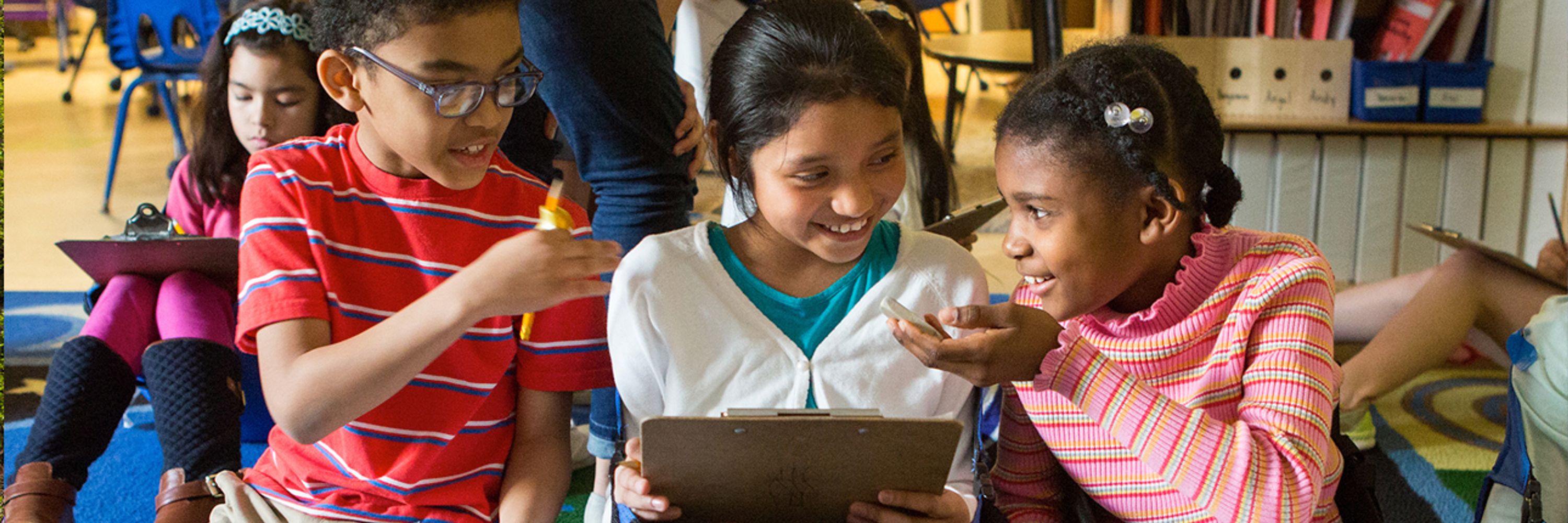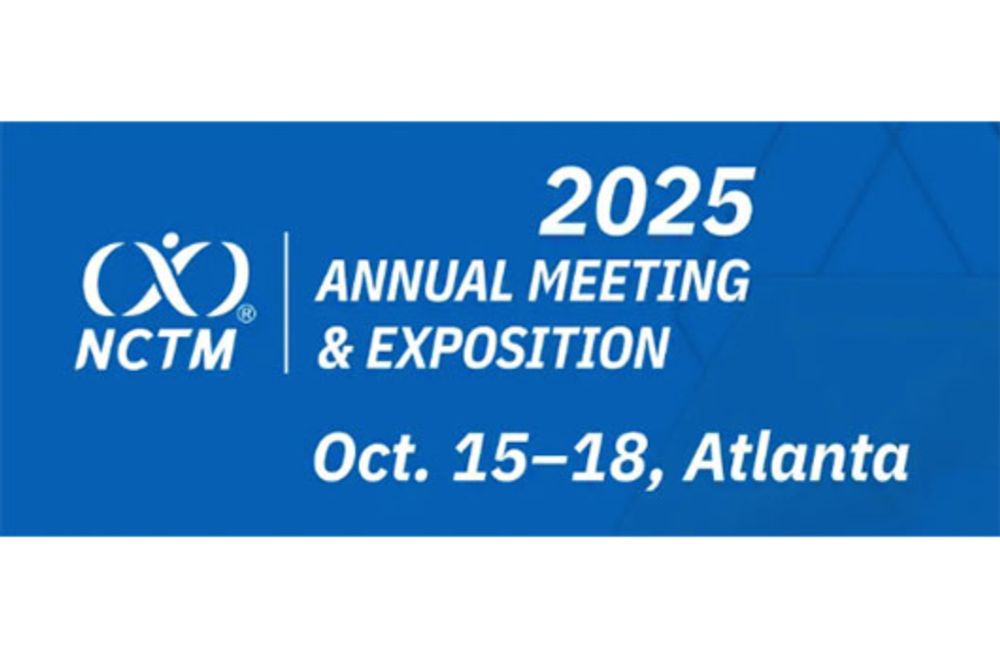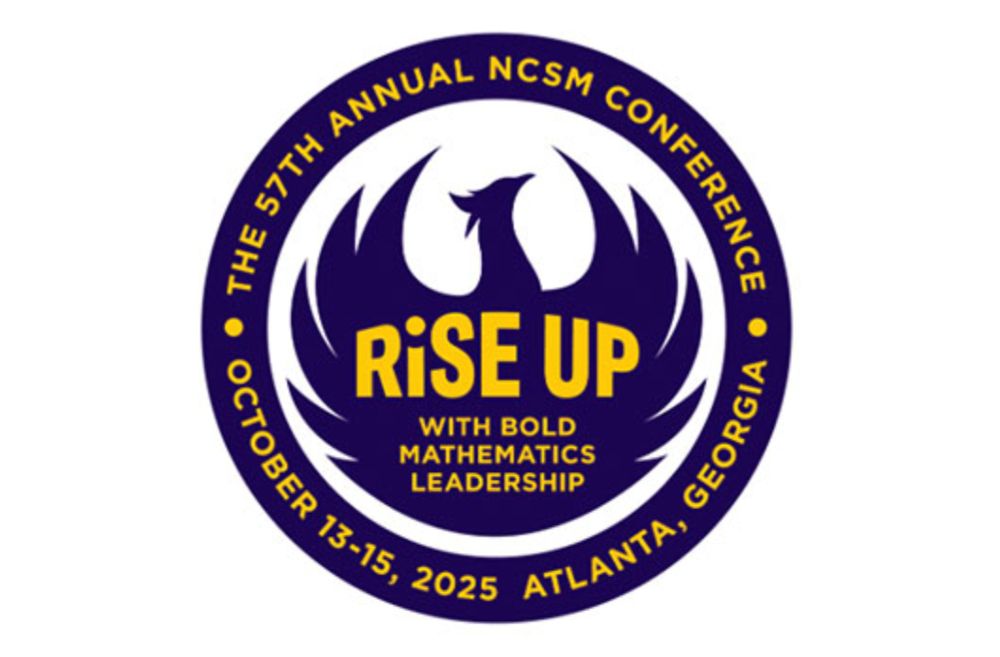
https://www.terc.edu/mathequityforum/
Register here: tinyurl.com/3fnxwbtc
Register here: tinyurl.com/3fnxwbtc

www.terc.edu/mathequityfo...
www.terc.edu/mathequityfo...





Register now!
tinyurl.com/3fnxwbtc
Register now!
tinyurl.com/3fnxwbtc




Come by Booth 1408 for a free copy of the MPACT—
project-based learning through making units. Teachers say:
"Students are thriving with hands-on concepts. My reluctant math learners are learning how to apply math in real concepts." www.terc.edu/mpact3d/

Come by Booth 1408 for a free copy of the MPACT—
project-based learning through making units. Teachers say:
"Students are thriving with hands-on concepts. My reluctant math learners are learning how to apply math in real concepts." www.terc.edu/mpact3d/
Marta Garcia speaks with such grace and kindess and love, and I'm so grateful to have her as a mentor. #NCSMRiseUp #NCSM2025
Marta Garcia speaks with such grace and kindess and love, and I'm so grateful to have her as a mentor. #NCSMRiseUp #NCSM2025


www.sedaeducationalconsulting.com/post/two-com...

www.sedaeducationalconsulting.com/post/two-com...
Don't miss TERC sessions on impactful math teaching — from maker-based assessments to supporting student math identity to baseball and geometry. Stop by Booth #1408 to explore the latest in STEM, grab free resources, and pick up some fun swag!
hubs.la/Q03M03ND0

Don't miss TERC sessions on impactful math teaching — from maker-based assessments to supporting student math identity to baseball and geometry. Stop by Booth #1408 to explore the latest in STEM, grab free resources, and pick up some fun swag!
hubs.la/Q03M03ND0
Check out TERC sessions on helping teachers reflect with video coaching + fostering equitable participation through reflective practices.
Details here ➡️ hubs.la/Q03L_-J90

Check out TERC sessions on helping teachers reflect with video coaching + fostering equitable participation through reflective practices.
Details here ➡️ hubs.la/Q03L_-J90



